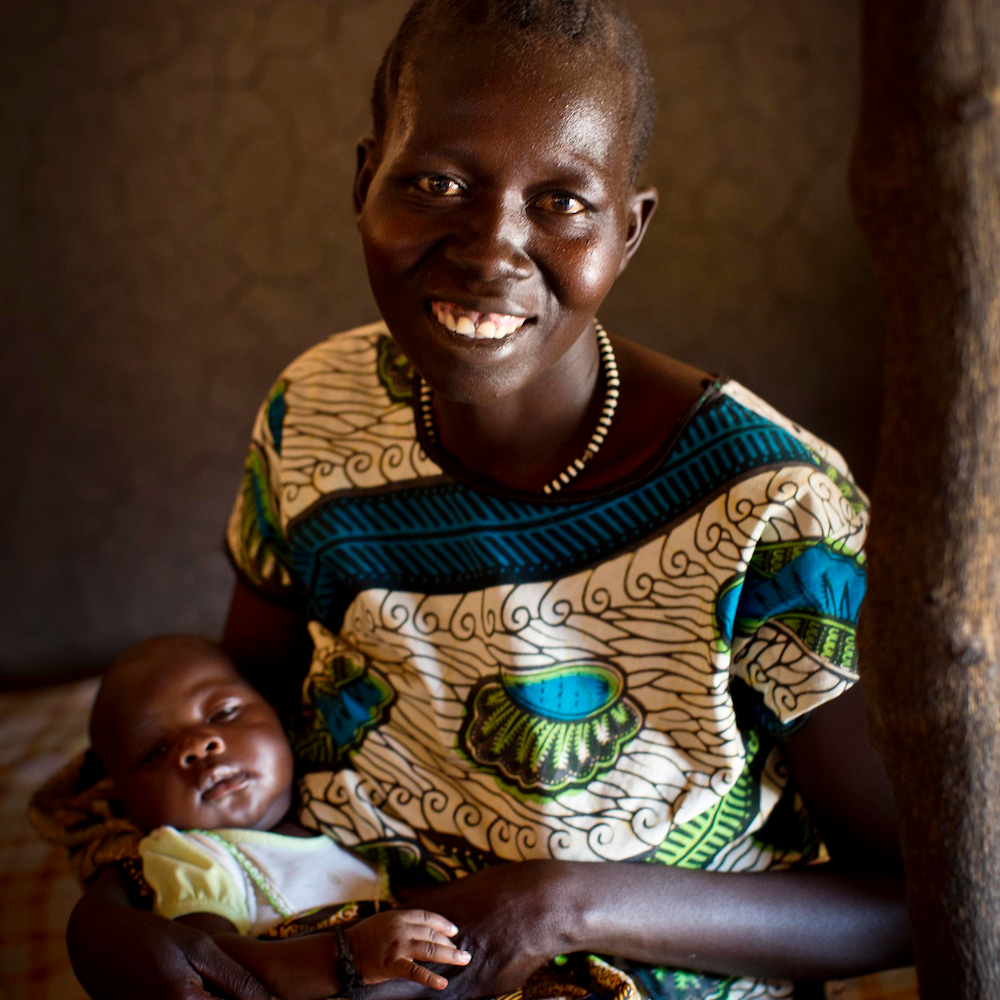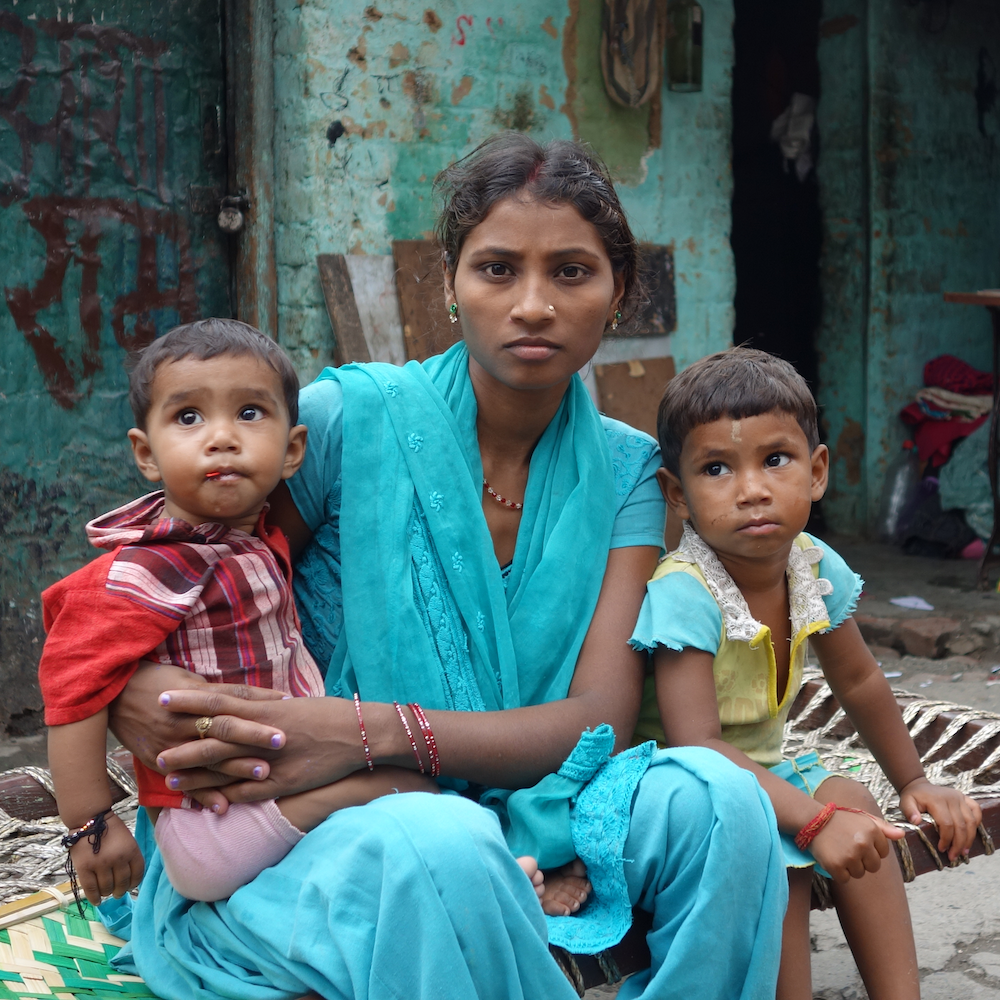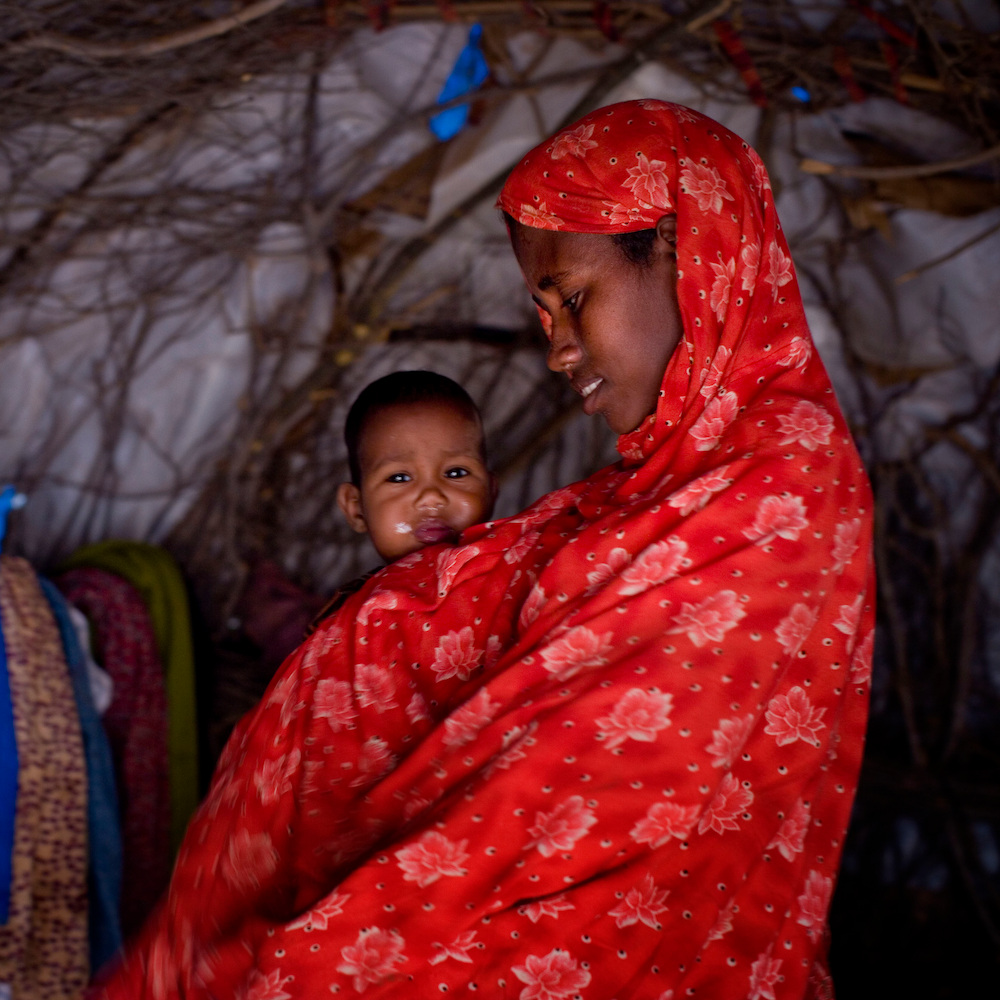AMPLI – PPHI
Accelerating Measurable Progress and Leveraging Investments for Postpartum Hemorrhage Impact
Did you know?
Postpartum hemorrhage (PPH) is the leading cause of maternal death worldwide.
AMPLI-PPHI will catalyze early adoption and scale-up of new and recently recommended drugs to prevent or treat PPH in high-burden countries as part of an integrated package of PPH. The project will get lifesaving drugs into the hands of the women who need them the most.
With funding from Unitaid, the program will introduce quality-assured PPH drugs—heat-stable carbetocin, tranexamic acid, and misoprostol—and will generate evidence to inform how low- and middle-income countries can expand access to and deliver these PPH prevention and treatment medications at different levels of the health system.
Read the Project Brief in French.



Accelerating Progress
Accelerating Measurable Progress and Leveraging Investments for Postpartum Haemorrhage Impact (AMPLI-PPHI) is uniquely positioned to bring catalytic change—connecting implementation learning with market shaping efforts, steering catalytic change through the introduction of a defined package of quality-assured PPH drugs to demonstrate their use within varying country contexts, at different levels of the health system, and within specific geographies. As a demonstration project with embedded implementation research, AMPLI-PPHI will generate evidence to inform how countries can expand the package of drugs for PPH prevention and treatment at scale and across varying health settings. The catalytic nature of AMPLI-PPHI tests locally-appropriate, scalable solutions at the minimum level of viability to position target countries on a path to achieve impact at scale.
Through Jhpiego’s overall strategic leadership, project management and technical vision, AMPLI-PPHI will catalyze introduction and adoption pathways for the three PPH drugs through engagement and coordination with country governments and key stakeholders. Jhpiego will lead the project, supported by consortium partners PATH and International Federation of Gynaecology and Obstetrics (FIGO).
Building on their experience commercializing and scaling up health innovations, PATH will address access barriers related to availability and affordability of PPH drugs and improve market readiness in LMICs via supply side interventions as well as strengthening in-country procurement and supply chain mechanisms.
FIGO, as the only global professional organization for ob/gyns, is uniquely positioned to cultivate leadership for PPH through its affiliated societies. OB/gyn affiliates in the project’s focus countries will help to increase demand for PPH interventions and engage civil society to create sustainable access to these lifesaving drugs through community-wide partnerships and sharing of knowledge and evidence.

We’re just getting started…
The AMPLI-PPHI project, part of a US$45 million investment from Unitaid, will operate in the Democratic Republic of Congo, Guinea, Kenya, and India. An additional 13 other countries will benefit from the sharing of project learning, resources, and tools, as well as from country and learning exchanges. The project will run through July 2026.
The program responds to Unitaid’s accelerated adoption of new tools for postpartum hemorrhage as part of their “30 by 2030” commitment to launch essential new innovations, products and more effective ways to use them. This strategy includes investment to improve access to better tools for safe pregnancy and birth, for women and newborns.
Read Unitaid’s Ambitious Strategy


Meet AMPLI – PPHI’s Director
Elaine Roman recently served as the director of TIPTOP, the Transforming Intermittent Preventive Treatment for Optimal Pregnancy (TIPTOP) project, funded by Unitaid, which introduced an innovative, community-based approach that aimed to dramatically increase the number of pregnant women across sub-Saharan Africa receiving antimalarial preventive therapy, thus saving the lives of thousands of mothers and newborns. With more than two decades of global health experience and leadership, Elaine is excited to be part of this catalytic project, supporting countries to amplify their approach in saving women’s lives from PPH.



